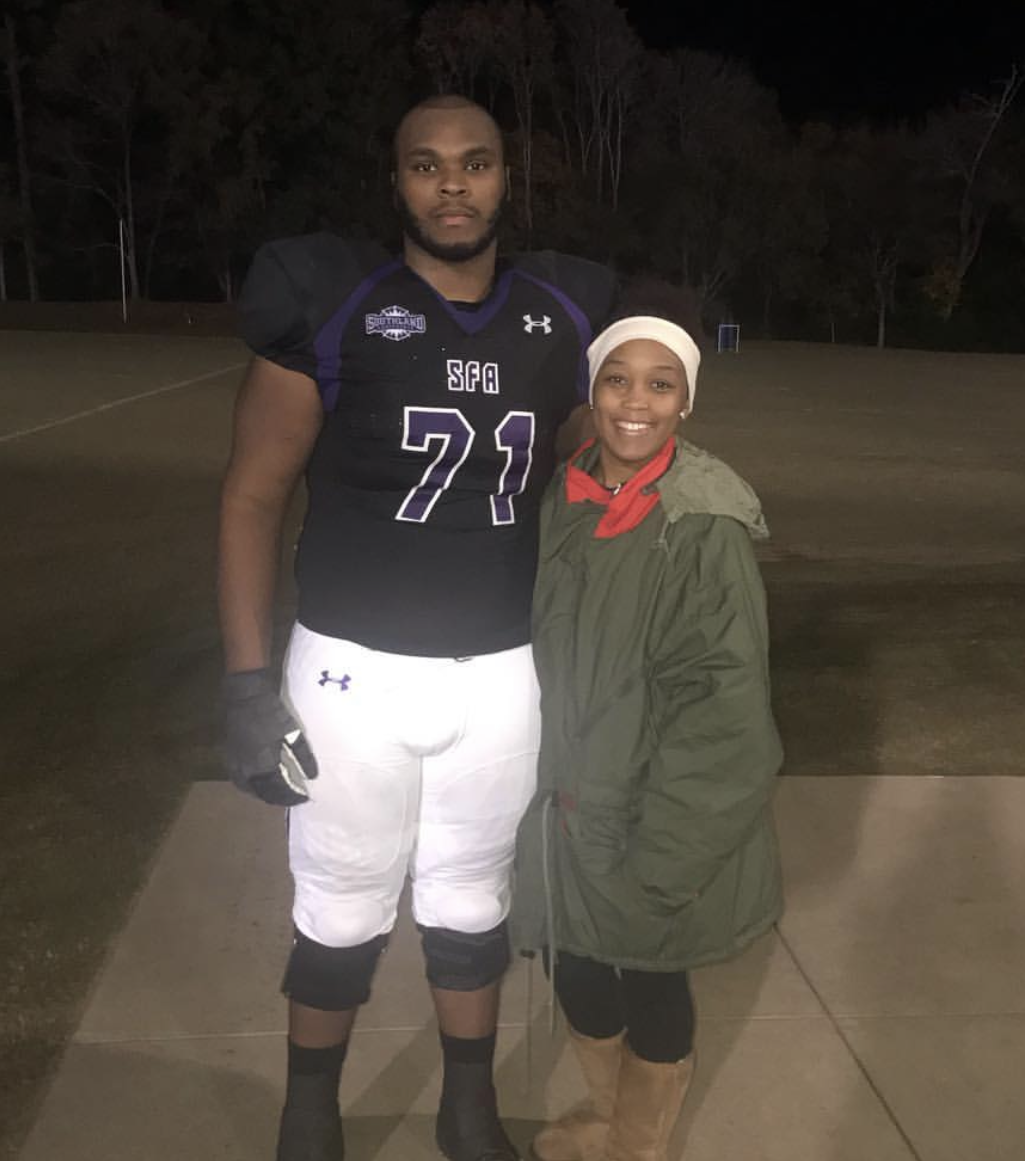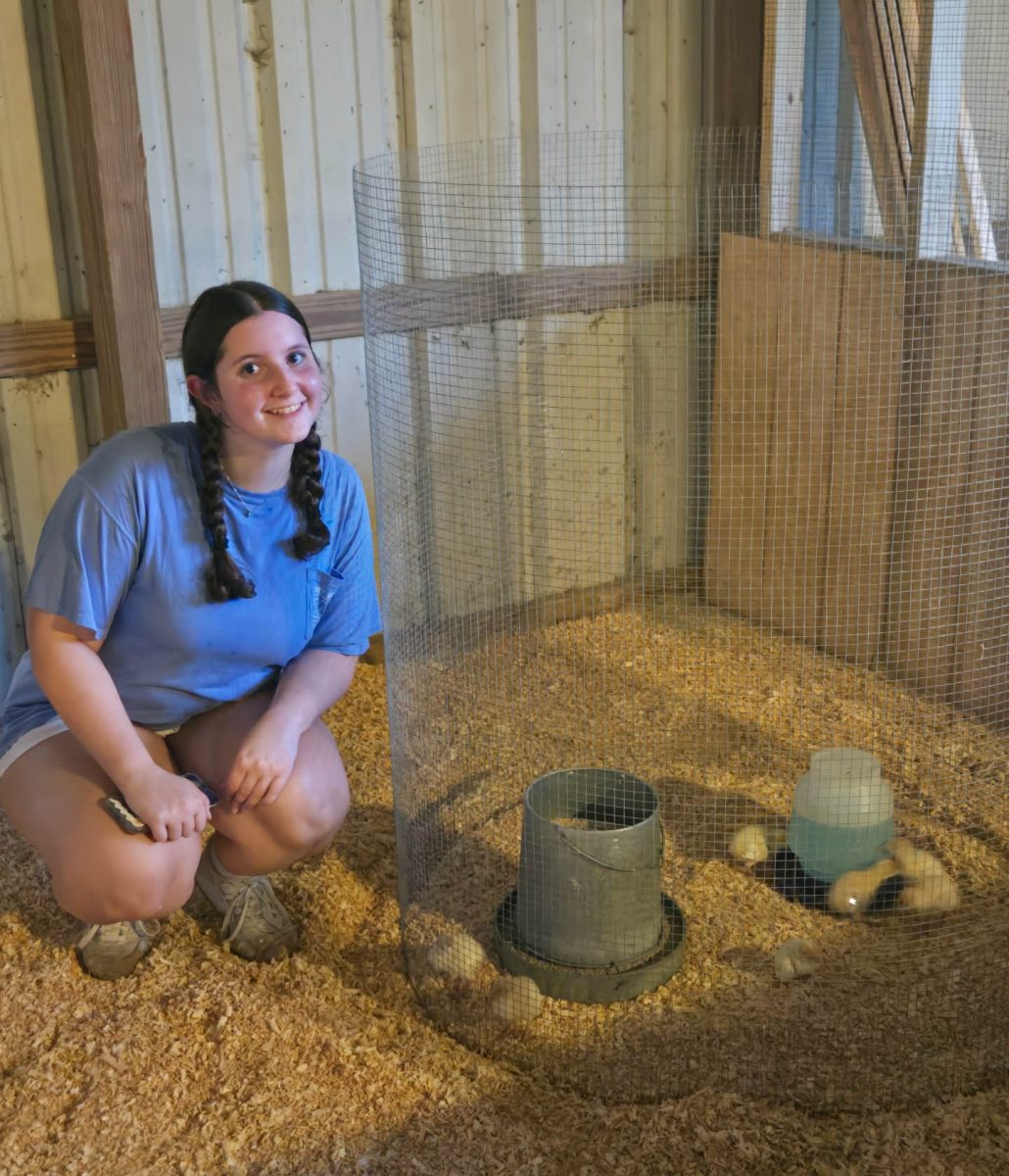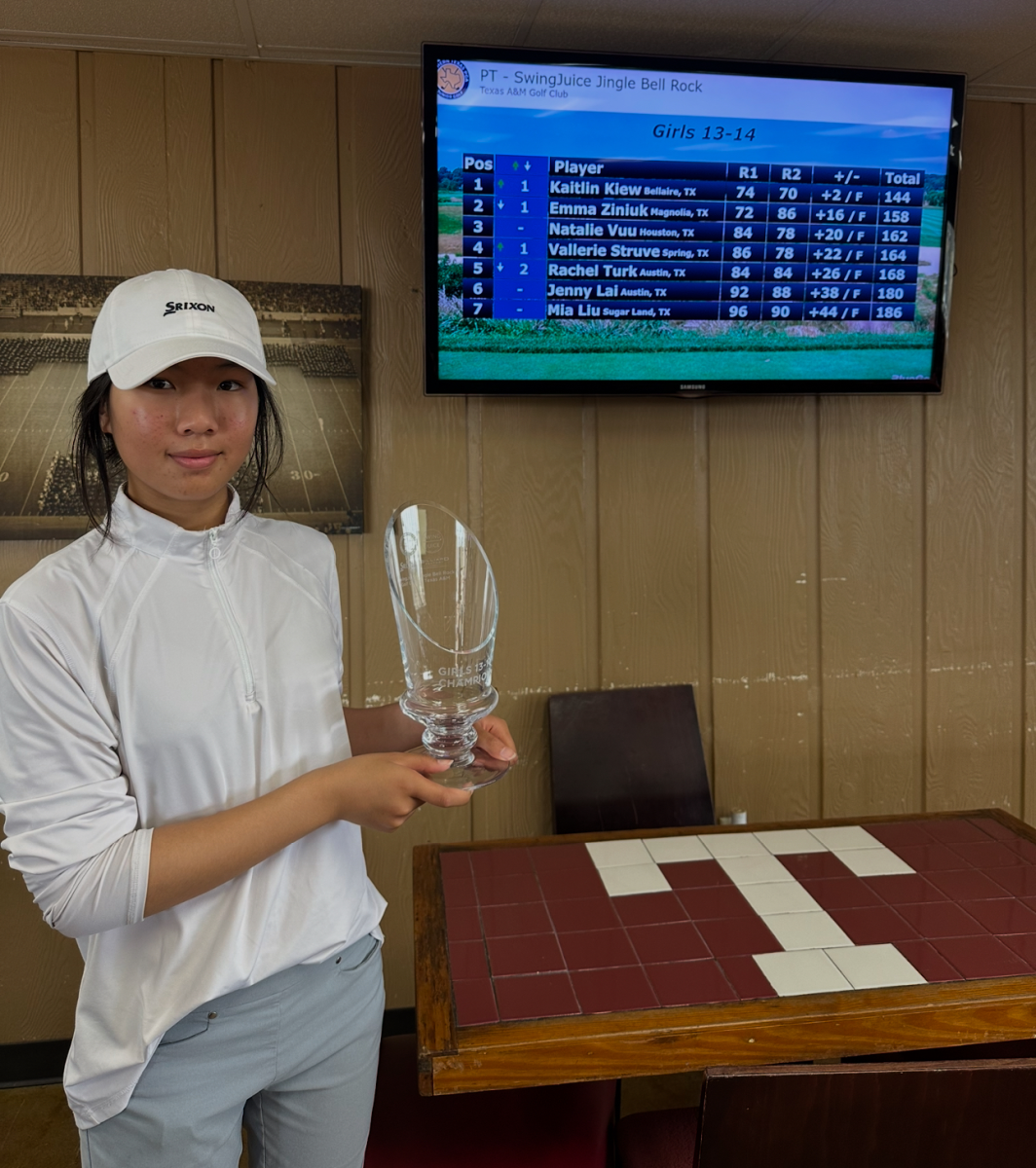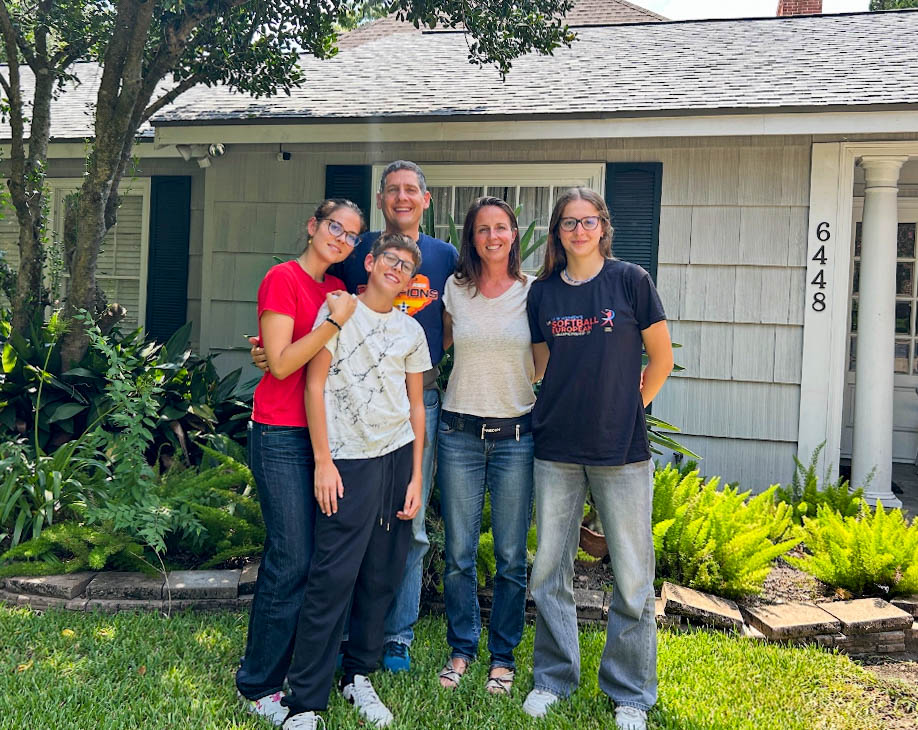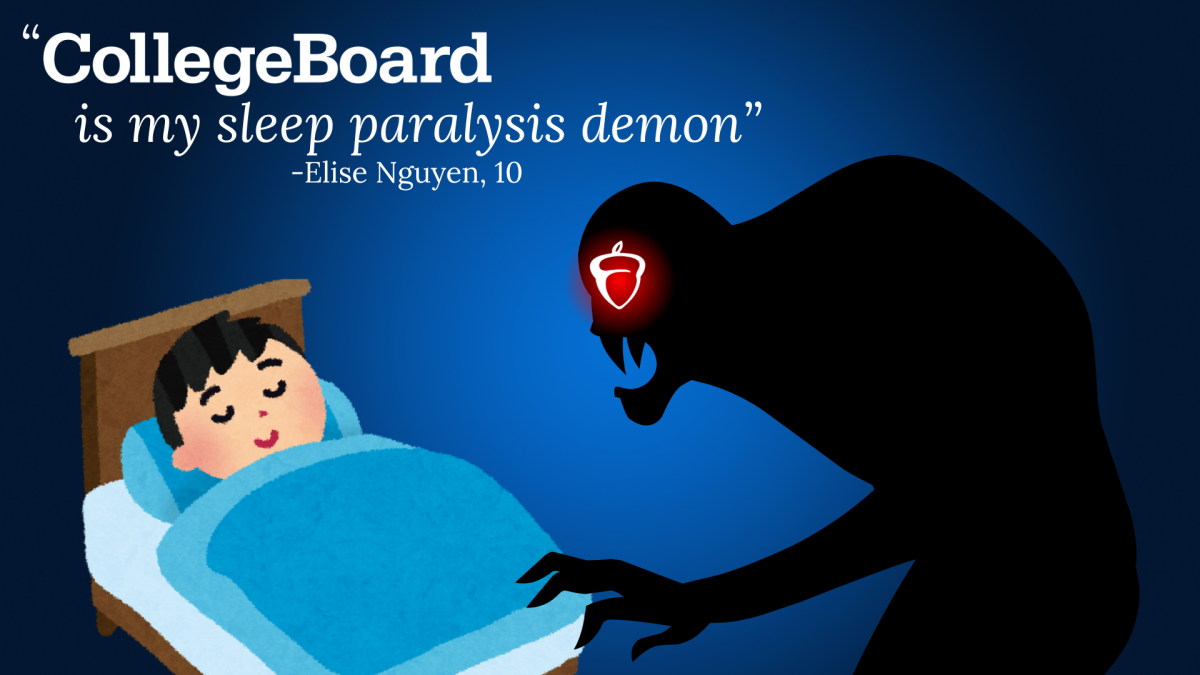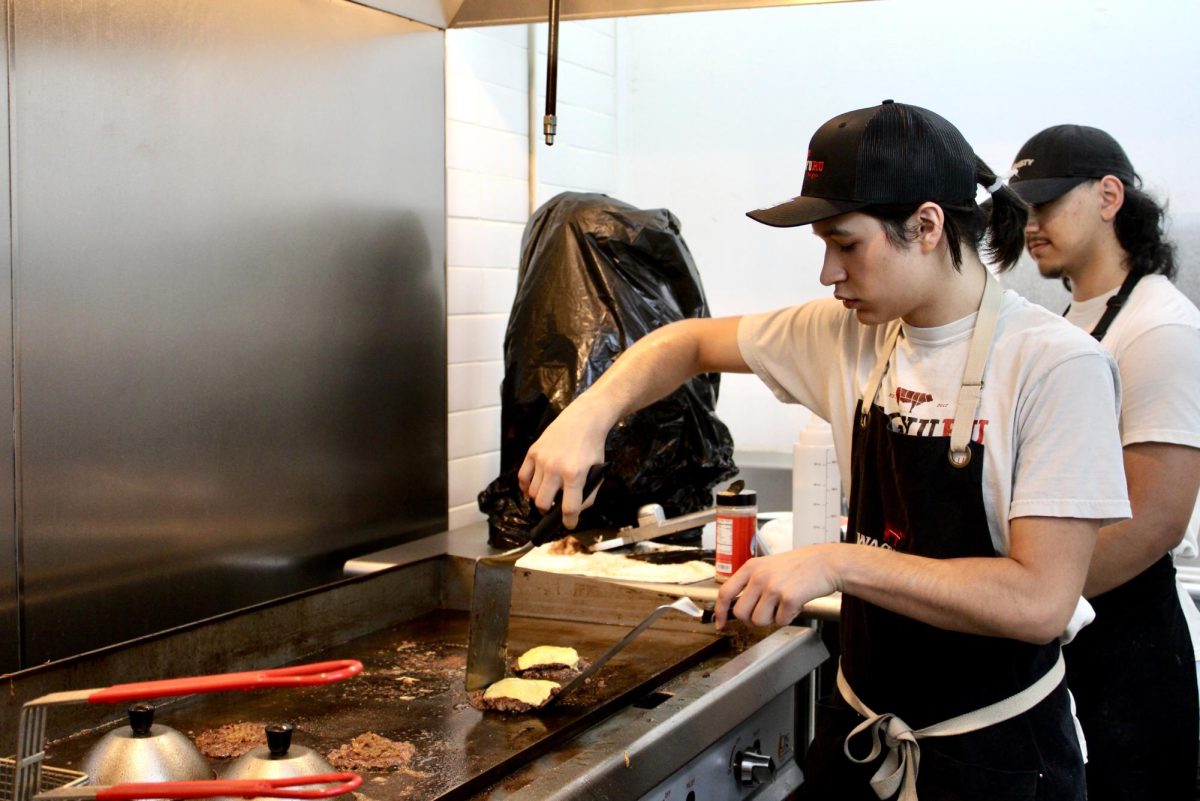Language classes serve a variety of purposes for students, like being an important part of their college applications, exposing them to different cultures and giving them the chance to learn and master a new language. But sophomore Aseem Misra doesn’t want to become fluent in just one other language. He wants to learn five, and he wants to do it by the end of his senior year.
Misra was inspired to pursue this goal by his grandfather, who accomplished it before him.
“My grandfather is from India, and he speaks five languages,” Misra said. “So that was really inspiring. And I was like, ‘You know what, by the time I graduate high school, I’d like to speak as many languages as my grandfather.’”
While Misra has received the indirect support of his grandfather, he’s also drawn inspiration and encouragement from his other family members, such as his grandmother who helped him learn his family’s native language of Odia.
“My entire family is pretty immersed in languages,” he said. “Both of my maternal grandparents speak German, and my paternal grandfather has a background in Old English. Regardless of whether I saw it [or not], the foundation and inspiration [was] always present.”
Misra grew up around family members who spoke Spanish and began taking classes for it at age 5. He took classes in Italian inside and outside of school throughout middle school and is currently learning Mandarin Chinese. He can read Latin, German and French and has also studied Hindi, Zulu, and Odia.
“His capacity for learning is so admirable,” Teresa Potina, Misra’s HADV English 2 teacher, said. “He’s so interested in things that not every student is willing to take the time to think about. I remember once he came up to me and he showed me a video clip of a comedian and how awkward the English language was and how changing one letter of a word changes the entire meaning and sound of the word. The joy that he took in [it] made me so happy.”
Learning about different languages has allowed Misra to appreciate the beauty and diversity of language as a whole.
“There’s so much cultural diversity in all the different languages around the world,” Misra said. “For example, in the Zulu language, which is spoken natively in South Africa, they have clicks where different clicks can represent sounds that we don’t have in English and express different emotions or even work as part of words. It really just shows how language is absolutely so diverse.”
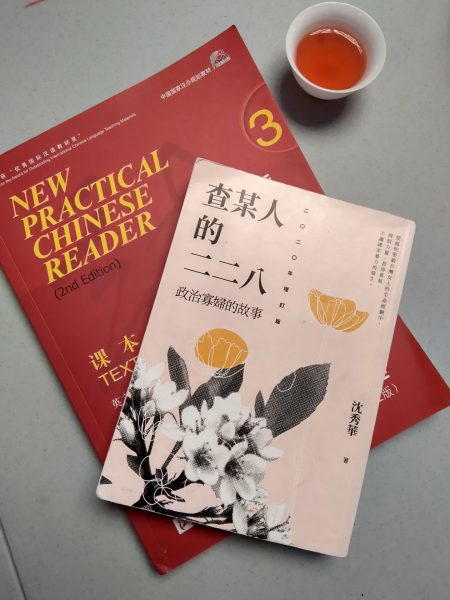
Misra spends about two hours a day between time at school and at home learning languages with videos or audio recordings of speech. However, more important than intentional studying of the language is exposing himself to it naturally by reading news articles in a certain language, setting his phone to display it or reading foreign literature as part of his personal philosophy of the importance of natural acquisition of a language.
“At the beginning of the year, I saw him carrying around a Chinese novel,” freshman Katherine Huang said. “I can speak [Chinese] well enough, but even I myself wouldn’t attempt to read a Chinese novel. I think it’s very impressive and awe-inspiring that he would try to pick up a novel in another language.”
Misra intends to use his language skills later in his life by incorporating them into his future career.
“I can’t stick to one thing, [but] working for the foreign service would be really cool,” he said. “I could get a front row seat to all the major political shifts, use my languages and travel.”
In addition to being important later in his life, Misra’s knowledge of languages also allows him to communicate with and help others.
“During Project Santa, we were manning the Chinese Club’s booth for origami,” Huang said. “And then a Hispanic lady walked over. She couldn’t speak English, so [Aseem] just started speaking Spanish to interact with her. He was able to get her what she needed. It was just eye-opening about how useful being multilingual is.”
Potina said she thinks that learning languages hasn’t just helped Misra appreciate them, but has also served as his way of broadening his knowledge about the cultures attached to them.
“Aseem is going to be able to do whatever he wants to do,” Potina said. “I can see his unique perspective because of the languages that he studies. He doesn’t have an American English mind. He has a very diverse, multicultural, global mind.”



![Rather than studying in the typical way, Misra reads a Chinese novel about a female perspective of the February 28 incident. "[Learning] is less intentional studying and more just natural exposure to language," he said.](https://threepennypress.org/wp-content/uploads/2024/01/73t1se3cxYZxo6FjrUMFbpjUE21NRoVcpI2dO6wE-1200x900.jpg)

